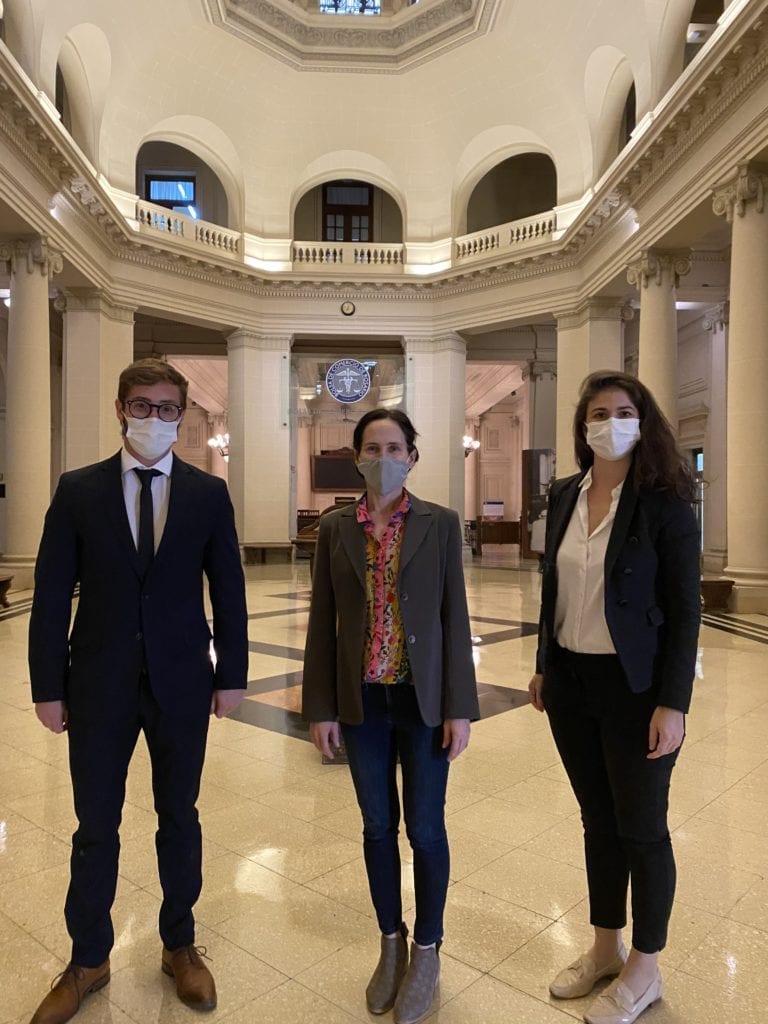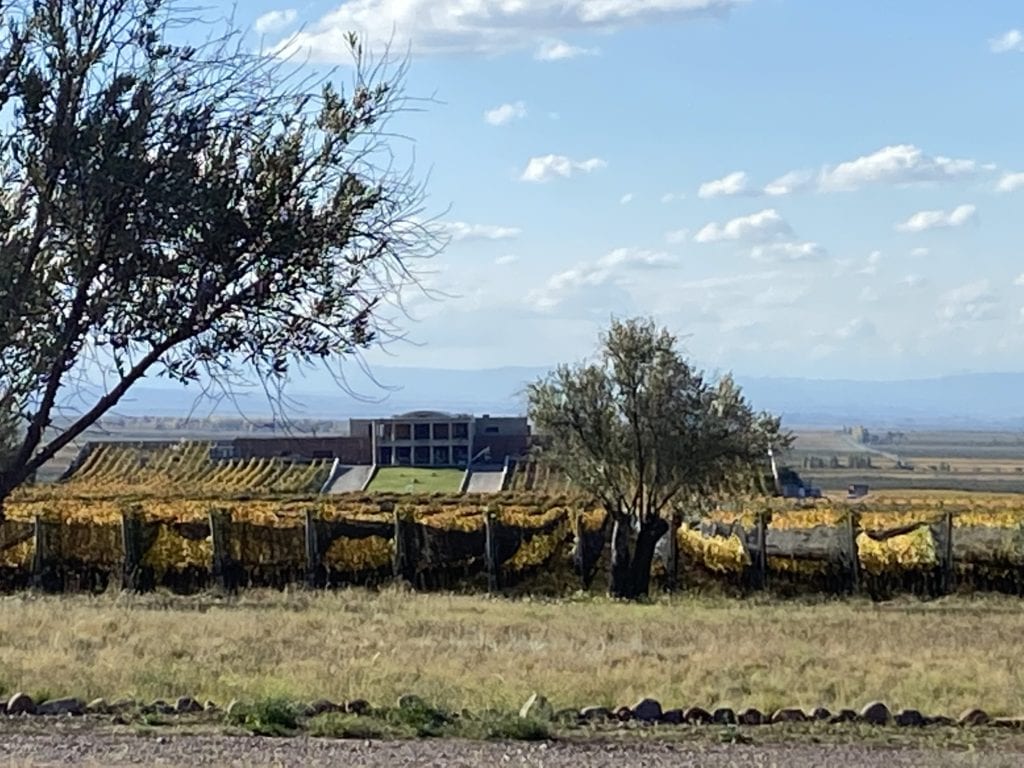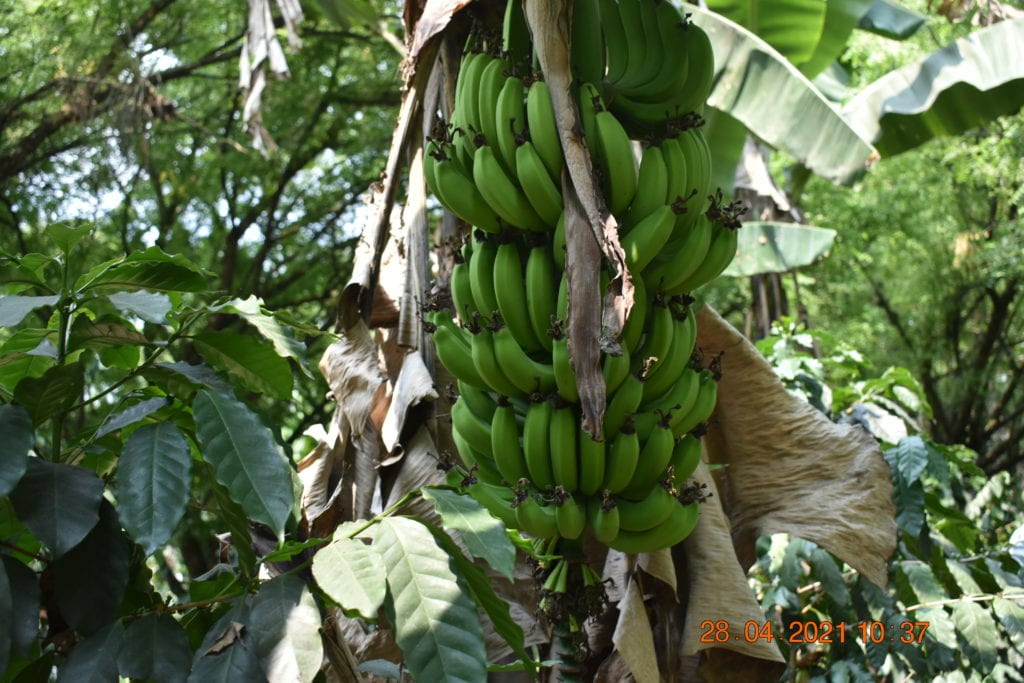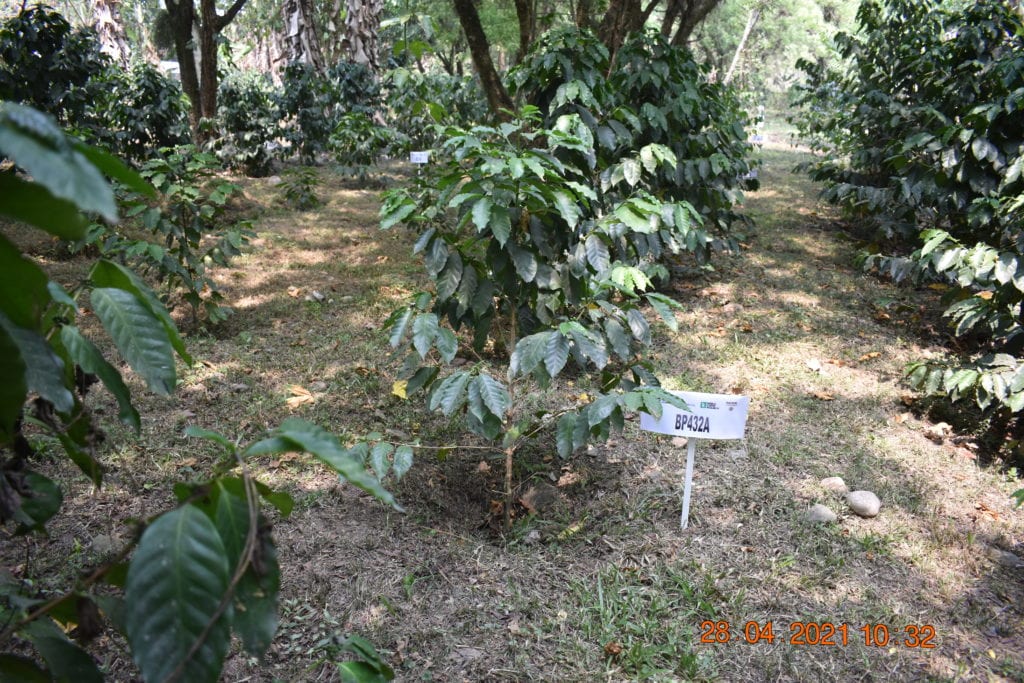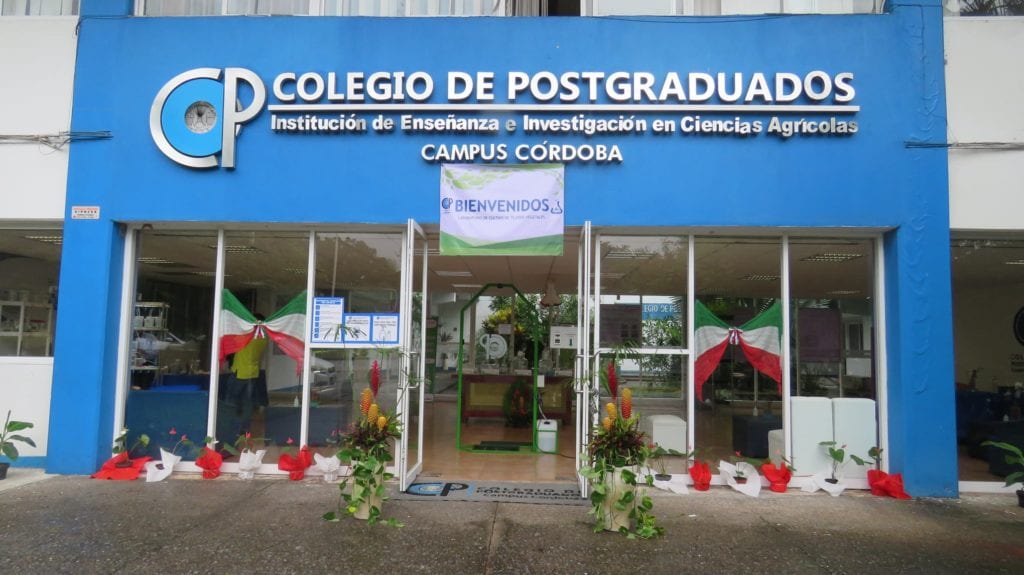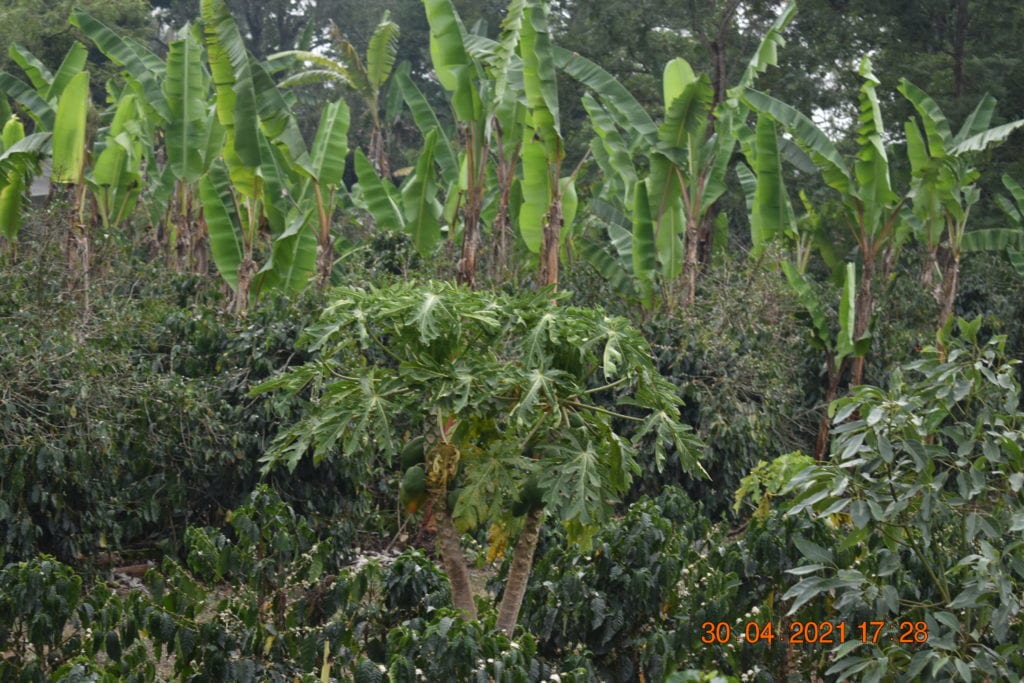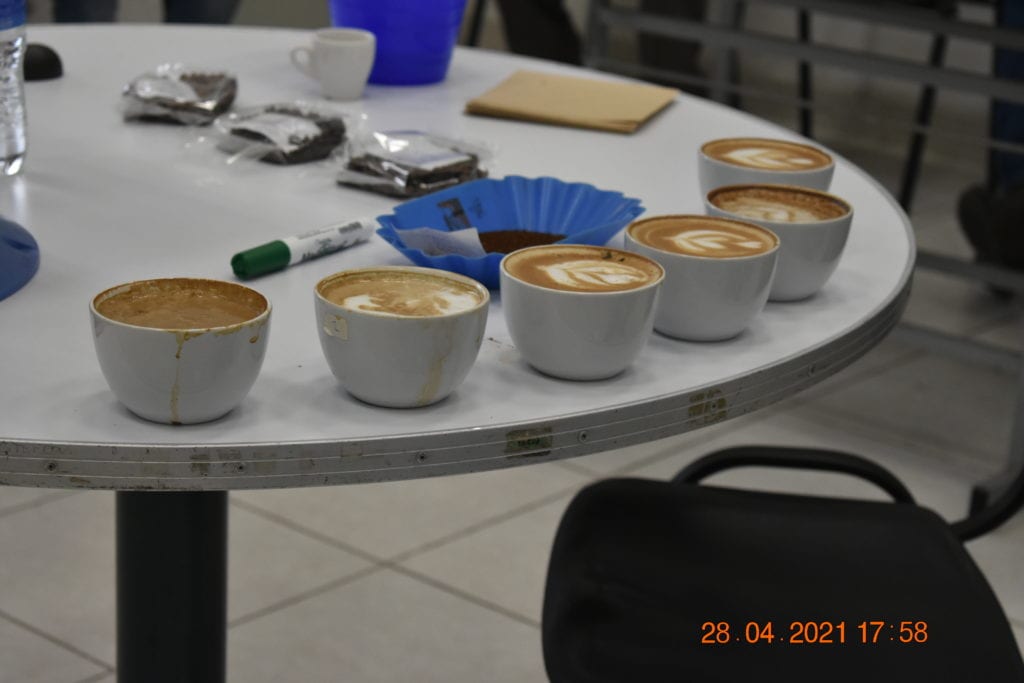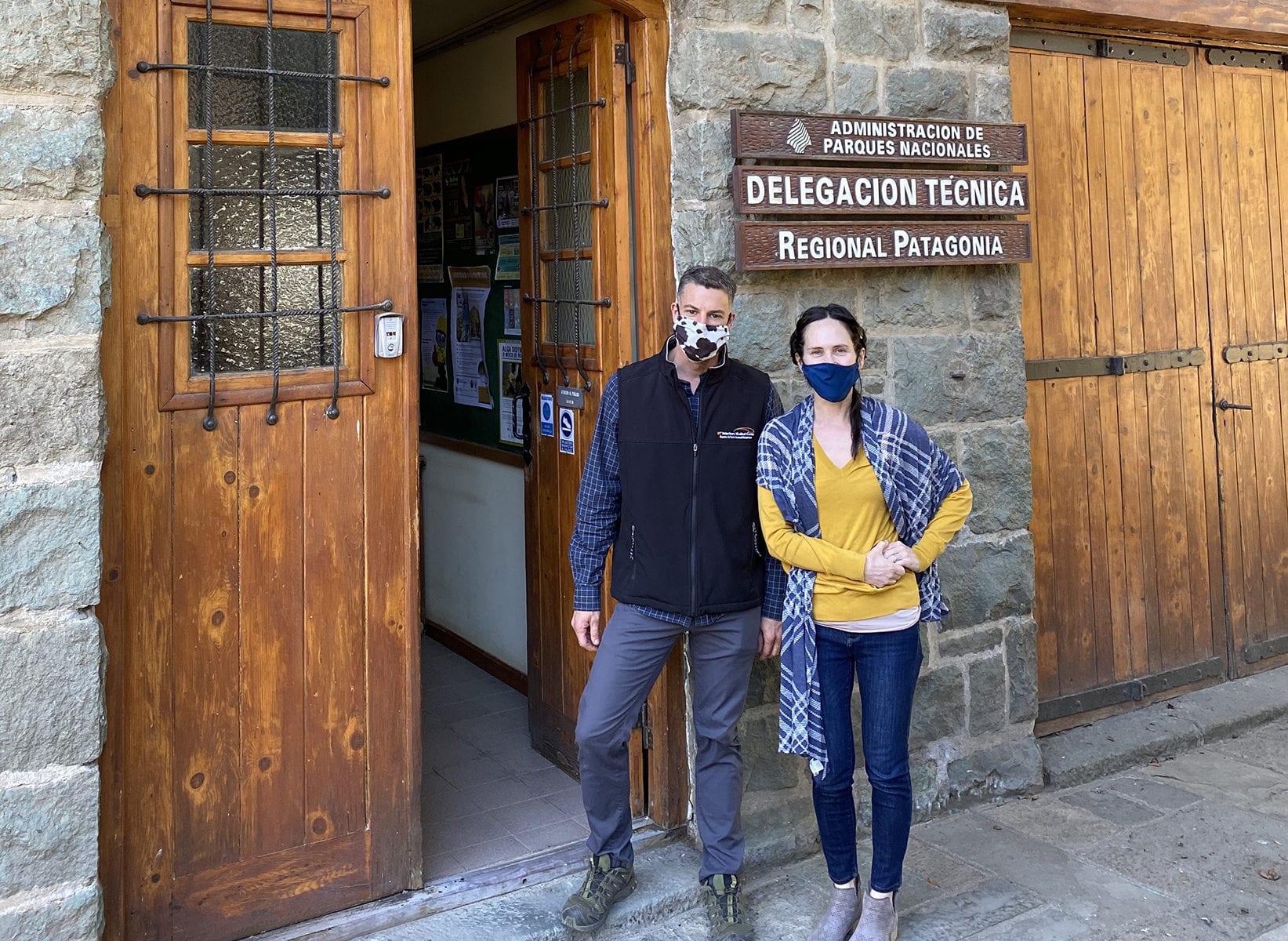
Students in the Herbert College of Agriculture have a new option for international study with a new winter term that will occur the first three weeks in January, with study also possible during the weeks in December following fall semester. During these times, students are eligible to enroll in international study courses and earn credit for their participation.
Study courses for the winter 2022 term in Mexico and Argentina are being planned by Herbert College faculty, and trips to Australia and Cambodia may be added for winter term 2023.
The opportunities are supported by the Smith Center for International Sustainable Agriculture. Adam Willcox, Herbert College’s coordinator for study abroad and the Herbert College international agriculture and natural resources minor, says study during Tennessee’s winter months offers several benefits. Most notably is a favorable climate and weather in many southern hemisphere destinations. Winter studies also broaden the opportunities to study abroad for students who need to intern or work during the summer.
Argentina
The study tour to Argentina will focus on agricultural system and natural resource management while exposing students to a variety of cultural activities. Students will learn about cooperative farming models implemented by medium-scale dairy and livestock producers, including visits to the Buenos Aires Central Cattle Market (Mercado de Liniers) to understand the beef market. Students will experience urban horticultural markets supplied by Bolivian producers and managed by immigrant farmers and will visit the National Institute for Technological Agriculture (INTA) Delta Experimental Station, located in the Parana Delta, with expansive wetlands used for fishing and farming. Students will also visit wineries in Mendoza province, where viticulture and enology experts will accompany students to the winery cooperatives of the Uco Valley. The course will include travel to Northern Patagonia to visit Nahuel Huapi National Park, the oldest national park in Argentina, co-managed with Mapuche indigenous groups in the Andes foothills. The course will conclude with a visit to the Centro Regional Bariloche of the National University of the Comahue.
The Argentina tour is being coordinated by the following faculty members:
- Juan Luis Jurat-Fuentes, professor, Department of Entomology and Plant Pathology. A native of Spain, Jurat-Fuentes is an expert on tango and leads the UT Vol Tango club.
- Agustin Ríus, associate professor, Department of Animal Science, received his undergraduate education in veterinary medicine from the National University of La Plata, Argentina.
- Ricardo Videla, associate professor in the UT College of Veterinary Medicine Large Animal Clinical Sciences. Videla received his veterinary degree from El Salvador University in Argentina and is completing a one-year sabbatical in Patagonia in 2021.
- Chris Boyer, associate professor, Department of Agricultural and Resource Economics. Boyer’s expertise is in farm management business decisions to maximize profit or manage risk.
- Aaron Smith, associate professor, Department of Agricultural and Resource Economics. Smith focuses on corn, cotton, soybean, and wheat marketing, as well as farm bill policy.
- Adam Willcox, research associate professor, Department of Forestry, Wildlife and Fisheries and Smith Center for International Sustainable Agriculture. Willcox coordinates study abroad for the Herbert College of Agriculture and the College’s international agriculture and natural resources minor. He also oversees the UT Peace Corps Prep program.
- Sara Mulville, program administrator for Latin America and the Caribbean, Smith Center for International Sustainable Agriculture. Mulville works to increase the UT Institute of Agriculture’s engagement in the region through international partnerships and exchanges. Her background is in international studies and biosocial anthropology.
Mexico
The study tour to Mexico focuses on coffee production. The business of producing and marketing coffee in Mexico is co-facilitated in partnership with Colegio de Postgraduados de Ciencias Agricolas Campus Cordoba, Mexico (ColPos). At ColPos, UT students will receive lectures, as well as field and laboratory training, on dimensions of coffee production, processing, and sensory analysis. Students will also have the opportunity to visit coffee enterprises around Cordoba to gain insight into the opportunities and challenges faced by coffee supply chain participants in this production region.
Instructors for the Mexico tour include the following:
- Carlos Trejo-Pech, assistant professor, Department of Agricultural and Resource Economics, and former instructor at the Universidad Panamericana in Guadalajara, Mexico. Trejo-Pech specializes in agribusiness finance.
- Margarita Velandia, professor, Department of Agricultural and Resource Economics. Velandia’s areas of specialization are production and food systems economics.
- Roselia Servin-Juarez, professor of agricultural economics at the Colegio de Postgraduados Campus Cordoba in Mexico. Servin-Juarez specializes in agricultural marketing and microfinance.
- Victorino Morales Ramos, adjunct professor at the Colegio de Postgraduados Campus Cordoba, Mexico. Ramos’s areas of specialization are the science and technology of coffee.
Both the Argentina and Mexico study abroad classes are open to all undergraduate students at UT Knoxville, and both winter programs are supported with funding from the US Department of State. Learn more about these and other opportunities for international study from Adam Willcox (mailto:awillcox@utk.edu).
